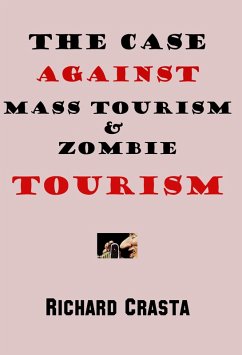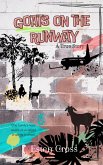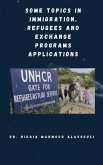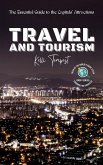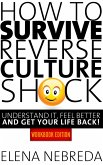Even in affluent, better organized Europe, locals are in revolt against mass tourism. "[Tourists are] drunk, inconsiderate, noisy, dirty …" was the opinion of many Barcelona locals during a recent survey. So how do we compromise between the right to travel and the disturbance and destruction wrought by mass tourism and zombie tourism on native cultures?
Richard Crasta, whose travel itch has (regrettably) taken him to over 40 countries and 200 airports or railway stations, many of which are now a blur, proposes a few bold and surprising solutions in this short book. Around 13,000 words or 52-pages
Dieser Download kann aus rechtlichen Gründen nur mit Rechnungsadresse in A, B, CY, CZ, D, DK, EW, E, FIN, F, GR, H, IRL, I, LT, L, LR, M, NL, PL, P, R, S, SLO, SK ausgeliefert werden.

